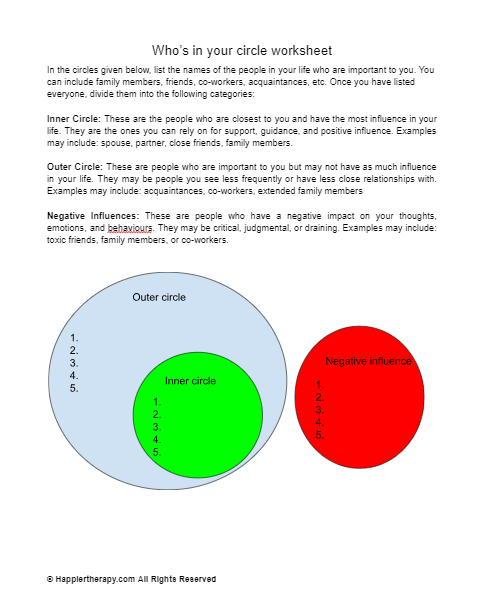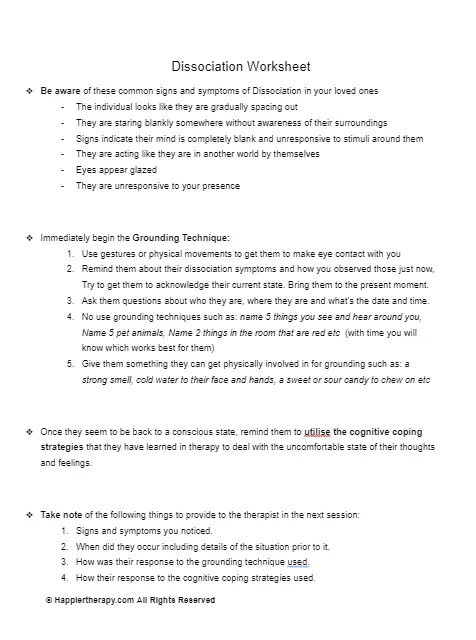Healthy vs unhealthy coping skills worksheet
Download Worksheet
What is the theory behind this Healthy vs unhealthy coping skills worksheet?
Coping skills are certain cognitive, behavioural and emotional strategies that we utilise in our daily lives to reduce distress, unpleasant emotions and deal with problems.
This worksheet is based on the ‘Health Theory of Coping’, according to which the type of coping skill used depends on the intensity of the negative emotions. Unhelpful skills are used mostly when helpful skills have failed to reduce emotional arousal. Evidence also suggests that healthy coping skills are linked with better mental health and wellbeing while unhealthy ones enhance distress and contribute to mental illnesses.
How will the worksheet help?
This worksheet will help educate individuals about healthy and unhealthy coping styles by providing a comprehensive list that they can use to assess their own style of coping. This can also help the therapist understand which of the client’s coping styles are contributing to their current issues. A coping skill building session can be planned accordingly.
How to use the worksheet?
This worksheet can be used in counselling and therapeutic settings to assess the current coping styles of individuals seeking help for their distressing emotions. It can also be utilised both in individual and group settings.
Instruct the client to go through the listed coping skills and identify which are the ones that they use in times of distress and challenging life situations.They can also identify any others from their own experiences apart from the one listed.

 By
By

